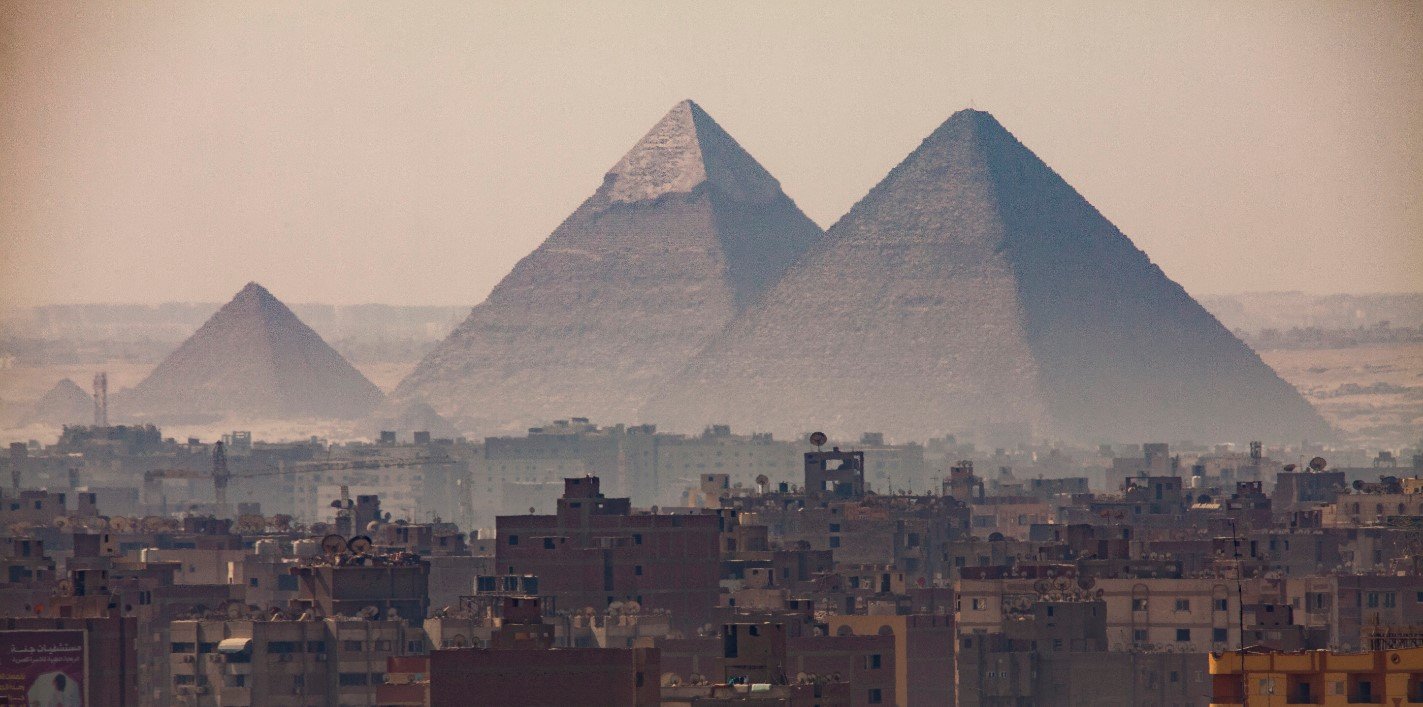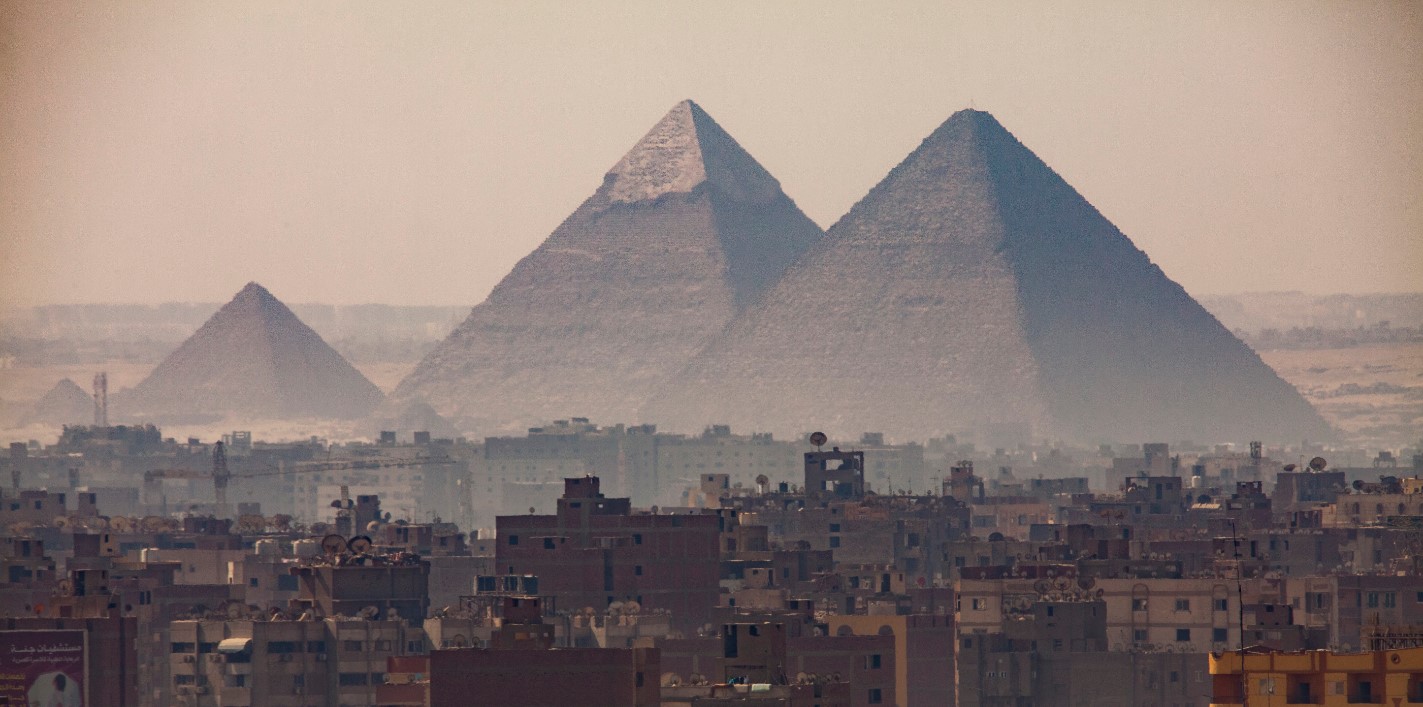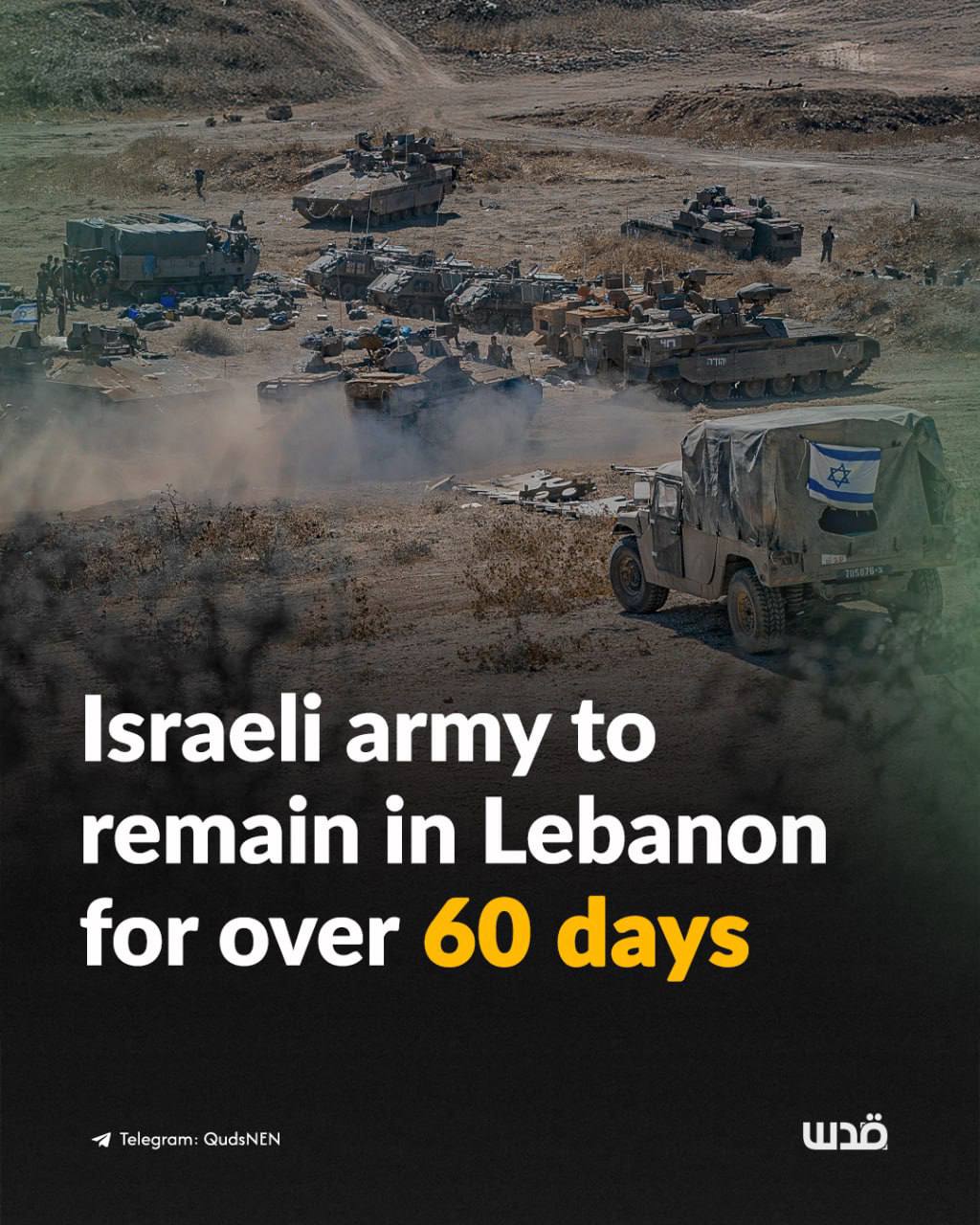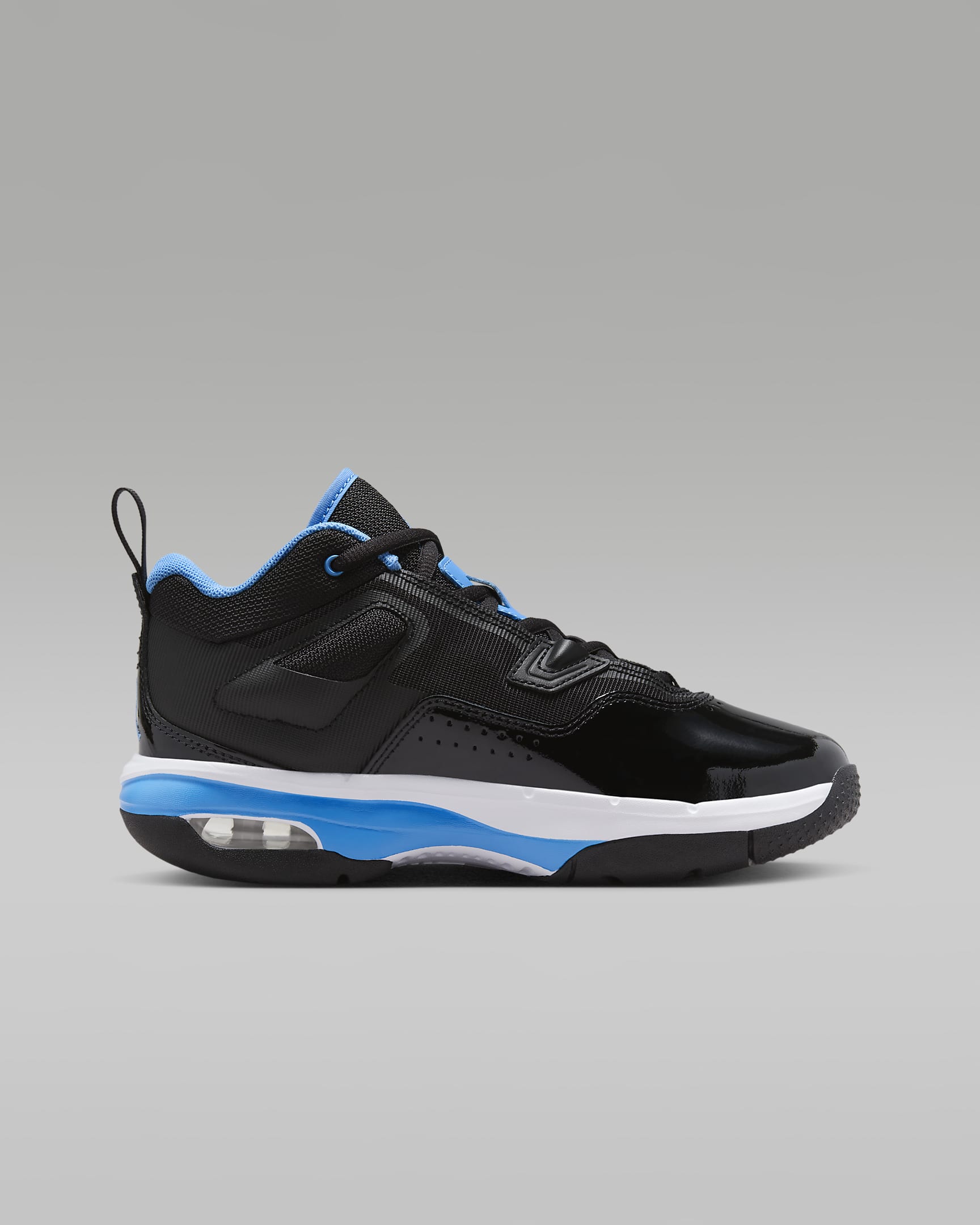
Egypt, a land steeped in millennia of history and adorned with some of the world’s most awe-inspiring ancient wonders, often conjures images of pharaohs, pyramids, and golden sands. While the allure of this North African gem is undeniable, the perception of it being an exclusively luxurious destination can be a deterrent for budget-conscious travelers. However, with a little savvy planning and a focus on affordable options, experiencing the magic of Egypt is more accessible than you might think. This comprehensive guide will unlock the secrets to scoring cheap flights to Egypt, while also delving into its captivating attractions, rich history, essential travel tips, diverse accommodation, efficient transportation, and the optimal times to embark on your Egyptian adventure.
The Quest for Cheap Flights: Navigating the Skies to Egypt
The key to an affordable Egyptian vacation often begins with securing economical airfare. While prices fluctuate, several strategies can significantly reduce your flight costs:

Related Articles about Unveiling the Treasures of the Nile: Your Guide to Affordable Adventures in Egypt:
- Bula! Your Ultimate Guide to the Fijian Paradise
- Gateway to the Andes: Unveiling the Best Stays and Secrets of Machu Picchu
- Uzbekistan: A Silk Road Jewel – Your Comprehensive Travel Guide
- Cairo: A Timeless Tapestry of Wonders – Your Ultimate Guide to the City of a Thousand Minarets
- Samba on a Budget: Your Guide to Cheap Flights and an Unforgettable Brazilian Adventure
- Flexibility is Your Friend: The single most impactful factor in finding cheap flights is flexibility with your travel dates. Flying during the shoulder seasons (spring and autumn) or even the off-season (summer, though it can be very hot) will almost always yield lower prices than during peak tourist periods like Christmas and Easter. Mid-week departures and returns are also typically cheaper than weekend travel.
- Embrace Budget Airlines: Numerous airlines operate routes to Egypt, including several low-cost carriers. Airlines like Ryanair, Wizz Air, and EasyJet often offer competitive fares from European hubs. While they might have less legroom and charge for extras like checked baggage and seat selection, the savings can be substantial.
- Leverage Flight Comparison Websites: Websites like Skyscanner, Google Flights, Kayak, and Momondo are invaluable tools. They aggregate prices from various airlines, allowing you to compare options side-by-side. Utilize their flexible date search features and set up price alerts to be notified when fares drop.
- Consider Nearby Airports: Sometimes, flying into a slightly less prominent airport and then taking a domestic connection or bus to your final destination can be cheaper. For Egypt, this might involve considering airports in neighboring countries if you’re on a particularly tight budget, though this adds complexity.
- Book in Advance (But Not Too Far): Generally, booking flights 2-3 months in advance for international travel to Egypt is a sweet spot. Booking too early can sometimes lead to higher prices, while last-minute deals are rare for popular destinations.
- Be Open to Layover Options: Direct flights are convenient but often more expensive. Flights with one or two layovers, especially in major airline hubs, can offer significant savings. Factor in the layover time and ensure it’s manageable.
- Explore Package Deals: While this article focuses on cheap flights, sometimes booking a flight and hotel package through a travel agent or online platform can offer hidden savings. Compare these deals against booking separately.

Egypt’s Timeless Tapestry: Top Attractions
Once you’ve secured your affordable flight, prepare to be mesmerized by Egypt’s unparalleled historical and natural wonders:
- The Pyramids of Giza and the Sphinx: The undisputed icons of Egypt. Witnessing these ancient marvels up close, understanding their construction, and imagining the lives of the pharaohs is an experience that transcends time. Consider visiting early in the morning to avoid crowds and the heat.
- Luxor: The World’s Largest Open-Air Museum: Home to the Karnak Temple Complex, Luxor Temple, the Valley of the Kings, and the Valley of the Queens, Luxor is a treasure trove of ancient Egyptian history. The sheer scale and intricate carvings of these sites are breathtaking.
- Aswan: Gateway to Nubian Culture and Philae Temple: A more relaxed city on the Nile, Aswan offers a glimpse into Nubian culture. Don’t miss the stunning Philae Temple, relocated to an island to save it from the rising waters of Lake Nasser. A felucca ride on the Nile at sunset is a quintessential Aswan experience.
- Abu Simbel Temples: These colossal rock-cut temples, built by Ramesses II, are a testament to ancient engineering and artistic prowess. The annual "Sun Festival," when sunlight illuminates the inner sanctuaries, is a remarkable event (though requires planning).
- Cairo’s Egyptian Museum: Housing an unparalleled collection of ancient Egyptian artifacts, including the treasures of Tutankhamun, this museum is a must-visit for any history enthusiast. The new Grand Egyptian Museum (GEM) is set to become an even more spectacular showcase.
- Khan el-Khalili Bazaar (Cairo): Immerse yourself in the vibrant chaos of this historic souk. Haggle for souvenirs, spices, textiles, and enjoy the bustling atmosphere.
- Alexandria: A Mediterranean Gem: Founded by Alexander the Great, Alexandria offers a different flavor of Egypt, with Roman catacombs, a beautiful Corniche, and remnants of its ancient library.
A Journey Through Time: Egypt’s Rich History
Egypt’s history is a captivating saga stretching back over 5,000 years. From the unification of Upper and Lower Egypt by Narmer around 3100 BCE, ushering in the Early Dynastic Period, to the construction of the iconic pyramids during the Old Kingdom (c. 2686–2181 BCE), Egypt laid the foundations for civilization. The Middle Kingdom (c. 2055–1650 BCE) saw a period of reunification and expansion, followed by the New Kingdom (c. 1550–1070 BCE), the golden age of pharaohs like Hatshepsut, Akhenaten, Tutankhamun, and Ramesses the Great, marked by vast empires and magnificent temples.
After the decline of the New Kingdom, Egypt experienced periods of foreign rule, including the Persians, Greeks (under Alexander the Great and the Ptolemaic dynasty, famously Cleopatra), and Romans. The arrival of Islam in the 7th century CE brought about a significant cultural and religious transformation, with Cairo becoming a major center of Islamic civilization. The Mamluk and Ottoman periods followed, each leaving their architectural and cultural imprints. In the 19th century, Muhammad Ali Pasha modernized Egypt, and the country eventually came under British influence, gaining full independence in 1952. This layered history is palpable in every ancient ruin, every bustling market, and every conversation with locals.
Essential Travel Tips for Budget Travelers
Making your Egyptian adventure affordable and enjoyable requires a few strategic tips:
- Visa Requirements: Check the visa requirements for your nationality well in advance. Many nationalities can obtain a visa on arrival at Cairo International Airport, but it’s always best to confirm.
- Currency and Budgeting: The local currency is the Egyptian Pound (EGP). While credit cards are accepted in larger hotels and tourist establishments, cash is essential for markets, smaller shops, and tips. Budget for entrance fees to historical sites, which can add up.
- Bargaining: Haggling is an integral part of the shopping experience in Egypt, especially in souks. Approach it with a smile and good humor. Start with a price significantly lower than the asking price and meet in the middle.
- Tipping (Baksheesh): Tipping is customary in Egypt for services rendered. While not mandatory, small tips for hotel staff, guides, drivers, and even people who offer minor assistance are appreciated. Keep small denominations of EGP handy.
- Dress Modestly: Egypt is a Muslim-majority country. While tourist areas are more relaxed, it’s respectful to dress modestly, especially when visiting religious sites. This means covering shoulders and knees.
- Stay Hydrated: The Egyptian climate can be hot, especially during the summer months. Drink plenty of bottled water to avoid dehydration.
- Learn a Few Arabic Phrases: While English is widely spoken in tourist areas, knowing a few basic Arabic phrases like "Shukran" (thank you) and "Salam alaykum" (peace be upon you) will be greatly appreciated by locals.
- Be Wary of Scams: Like any tourist destination, be aware of common tourist scams. Be firm but polite in declining unsolicited offers of tours or services.
- Embrace Local Food: Eating at local restaurants and street food stalls is not only delicious but also significantly cheaper than dining in tourist-oriented establishments.
Accommodation Options: From Budget Hostels to Nile-View Hotels
Egypt offers a diverse range of accommodation to suit every budget:
- Hostels: For the ultimate budget traveler, hostels in Cairo, Luxor, and Aswan provide affordable dorm beds and private rooms. They are also great places to meet fellow travelers and get local recommendations.
- Budget Hotels and Guesthouses: Many smaller hotels and guesthouses offer clean and comfortable rooms at reasonable prices. Look for options slightly outside the main tourist hubs for better value.
- Mid-Range Hotels: These hotels offer more amenities, such as private bathrooms, air conditioning, and sometimes swimming pools, at competitive prices.
- Nile-View Hotels: While some Nile-view hotels can be luxurious, you can often find more affordable options, especially outside the prime locations. The views are often worth a slight splurge.
- Apartment Rentals: For longer stays or if traveling in a group, renting an apartment can be a cost-effective option, offering kitchen facilities and more space.
Pro Tip for Budget Accommodation: When booking, always read recent reviews to gauge the cleanliness and overall quality of the establishment.
Navigating the Land of the Pharaohs: Transportation
Getting around Egypt can be done affordably with a variety of transportation methods:
- Domestic Flights: For longer distances between cities like Cairo and Luxor or Aswan, domestic flights on airlines like EgyptAir can be surprisingly affordable if booked in advance. This saves considerable travel time.
- Trains: The train network connects major cities and is a budget-friendly way to travel. Overnight sleeper trains between Cairo and Luxor/Aswan offer a unique experience and save on accommodation costs.
- Buses: Intercity buses are a very economical option for traveling between cities. Companies like Go Bus and Blue Bus operate modern and comfortable services.
- Microbuses: These shared minibuses are a popular and cheap way to travel within cities and between nearby towns. They are a more local experience but can be crowded.
- Taxis and Ride-Sharing Apps: In cities like Cairo and Alexandria, ride-sharing apps like Uber and Careem offer a convenient and often cheaper alternative to traditional taxis. Always agree on a price with traditional taxi drivers before starting your journey.
- Nile Cruises: While often perceived as luxurious, budget-friendly Nile cruises are available, especially during the off-season. These offer a comfortable way to see multiple ancient sites between Luxor and Aswan, with accommodation and meals often included.
- Felucca Rides: For a truly authentic and romantic experience, take a felucca (traditional sailboat) ride on the Nile in Aswan. Short trips are very affordable.
The Best Time to Visit: Embracing Egypt’s Climate
The best time to visit Egypt depends on your tolerance for heat and your desire to avoid crowds:
- Autumn (October to April): This is generally considered the peak tourist season and the most pleasant time to visit. The weather is mild and sunny, perfect for exploring the ancient sites. Prices for flights and accommodation might be slightly higher during this period.
- Spring (March to May): Similar to autumn, spring offers delightful weather for sightseeing. It’s a great time to enjoy the blooming landscapes and comfortable temperatures.
- Summer (June to August): This is the off-season and the hottest time of year, especially in Upper Egypt (Luxor, Aswan). Temperatures can soar to over 40°C (104°F). However, this is when you’ll find the cheapest flights and accommodation. If you can handle the heat and plan your activities for early mornings and late evenings, you can snag incredible deals.
- Winter (December to February): While still pleasant, winter can bring cooler temperatures, especially in the evenings and mornings. Cairo can be cool, while Luxor and Aswan remain milder. This is a popular time for those seeking to escape colder climates.
For budget travelers seeking the cheapest flights: Aim for the shoulder months (late September/early October, late March/early April) or even the summer months if you’re prepared for the heat. Booking well in advance for these periods is still recommended.
In conclusion, Egypt, with its unparalleled historical riches and vibrant culture, is an accessible destination for budget-conscious travelers. By strategically searching for cheap flights, embracing local experiences, and planning your trip wisely, you can embark on an unforgettable adventure through the land of pharaohs without breaking the bank. The magic of the Nile awaits, ready to be discovered on a journey that will leave you with memories to last a lifetime.





